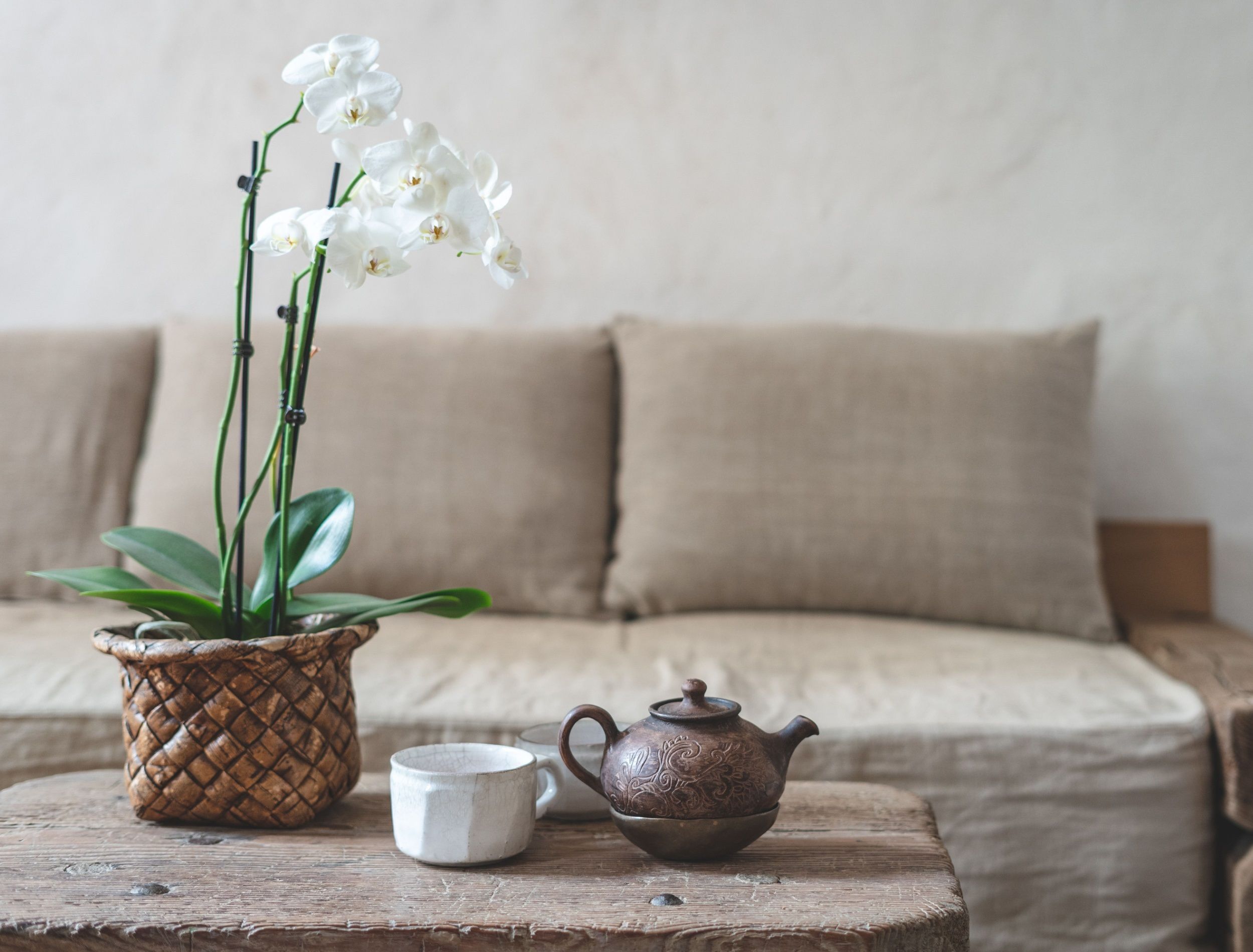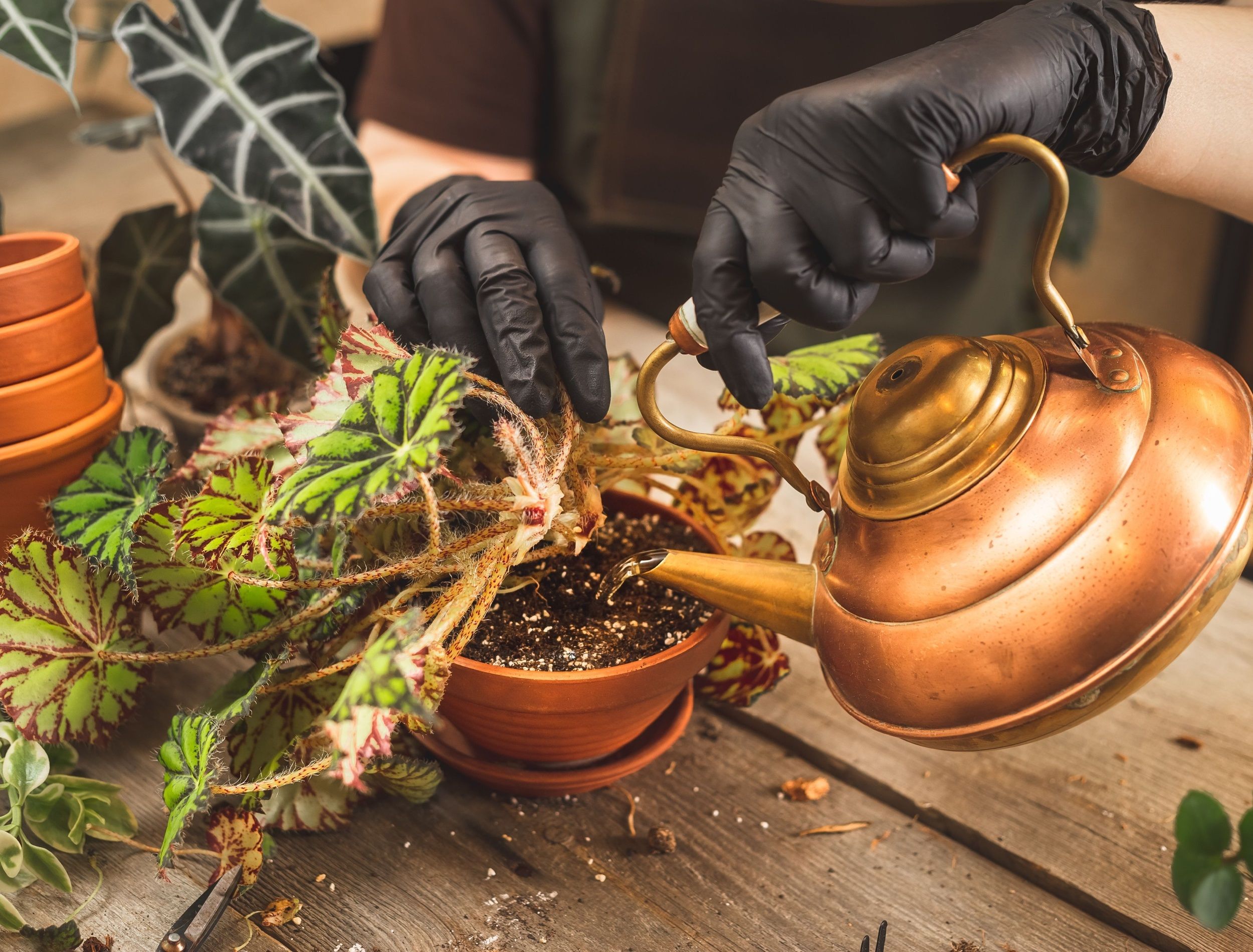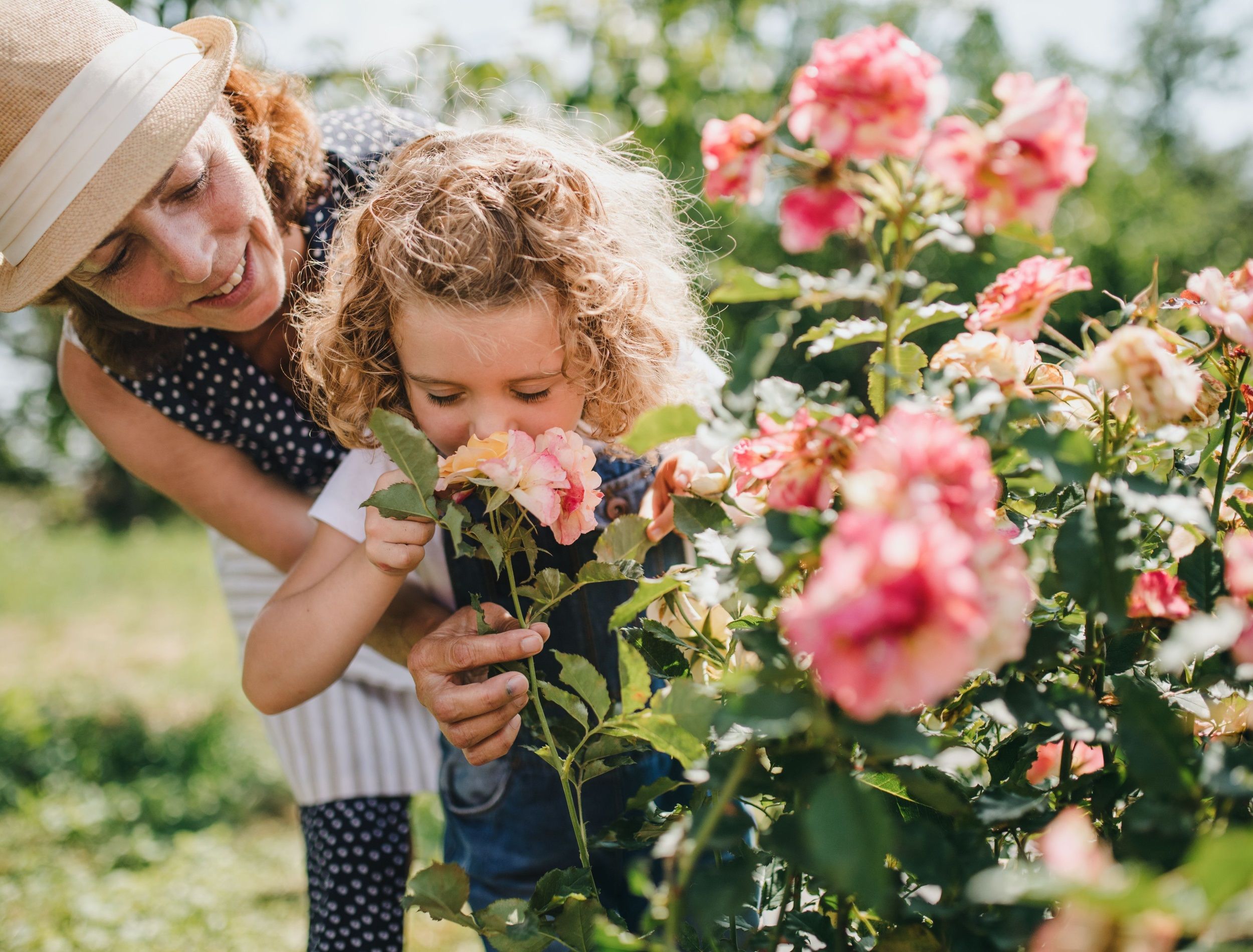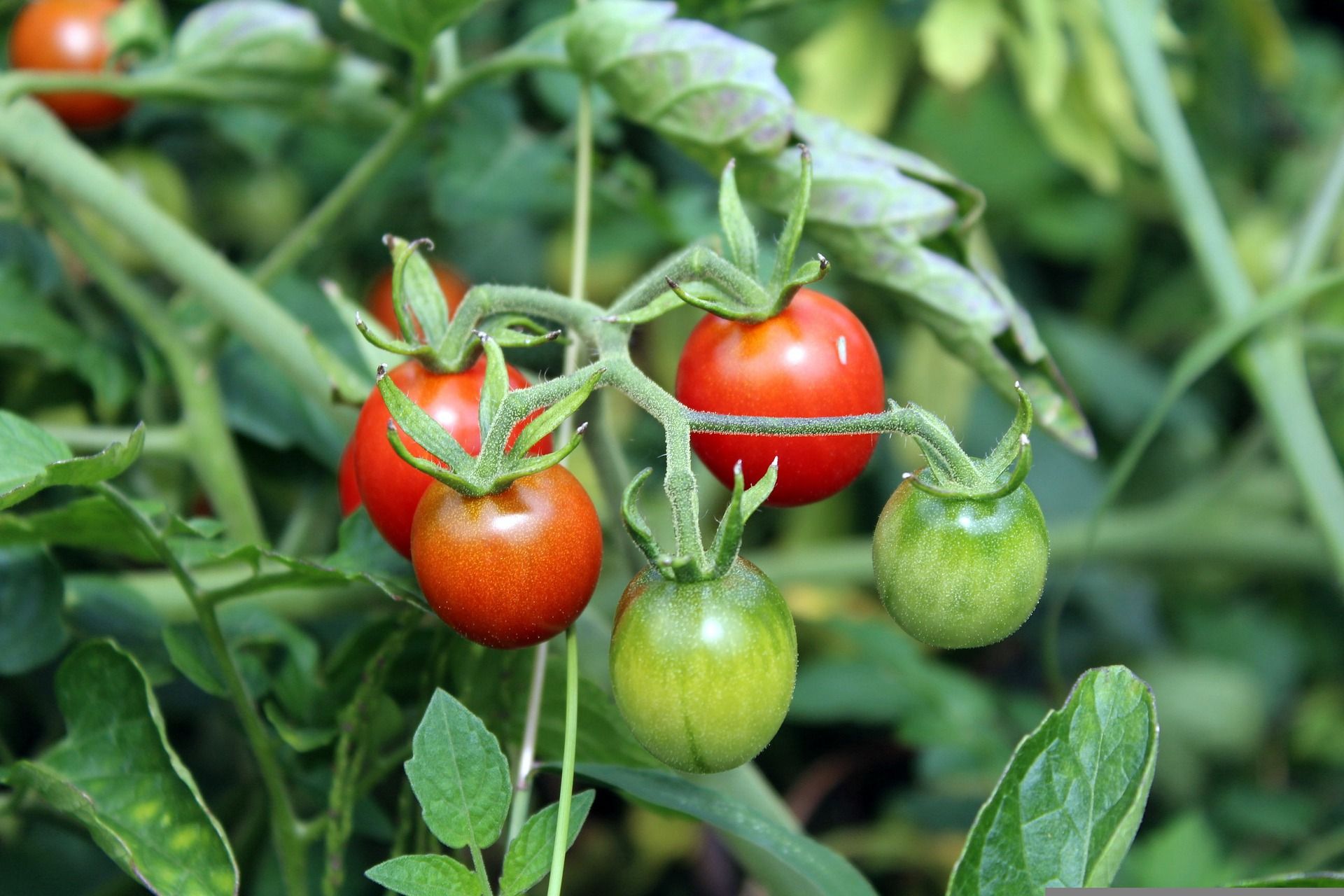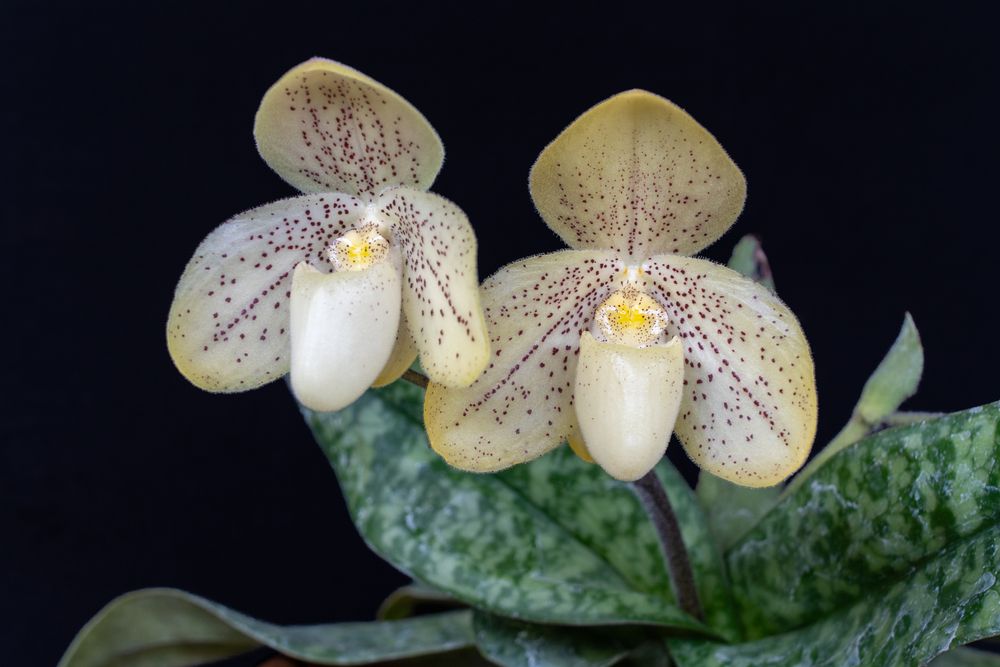Do you love a cup of tea in the morning but have never considered using those leftover tea leaves for any other use? Believe it or not, plenty of plants can benefit from having their soil enriched by these leaves. It will give your plant a healthy boost due to all the beneficial nutrients in these leaves and help contribute to your garden's sustainability efforts!
Here are three types of plants that will thrive when watered with an infusion of discarded loose-leaf teas.
A Word on Using Tea Leaves for Your Plants
Image credits: Andriana Syvanychvia Shutterstock
If you're looking for an organic option for your indoor or outdoor garden, using tea leaves as fertilizer is an easy, cost-effective solution for feeding your plants. Whether you opt to use them as mulch or add them to compost, tea leaves can help better the structure of your soil and provide essential nutrients for plant growth.
And don't forget other waste from the kitchen and yard, such as coffee grounds, eggshells, and grass clippings! When added to tea leaves, they make a balanced compost perfect for nourishing your plants.
Additionally, composting them is easy and eco-friendly. However, before you start dumping used paper tea bags in the garden, make sure you're not inadvertently harming your plants with polyester threads. Many paper teabags contain polymers, which do not break down in compost like other organic materials.
Plants That Benefit From Tea Leaves
Before you go putting tea leaves on every houseplant, make sure they'll benefit from it first. Here are three plants that will gladly share your morning cup of tea with you.
Roses
Image credits: Ground Picture via Shutterstock
Watering your roses with tea is a great way to give them the boost they need for healthy growth! The tannins in tea leaves can add a slight acidity to the soil. It's especially helpful if the area you are growing your roses has alkaline soil. Also, tea leaves contain small amounts of nitrogen, which is essential for roses, helping promote vigorous new growth come springtime.
Simply steep the tea for several hours, then use this as your regular watering solution for your roses. This method ensures that plants get all the nitrogen and tannin from the tea leaves they need.
Alternatively, you can combine the tea leaves with other organic materials in compost and use them as a soil enhancement when planting roses or mulching around the plants. You can even remove the leaves from bags or infusers, lay them above the soil around your roses, and till them in.
For container roses, place several used teabags over the drainage holes of your pots. When you water your plant, the teabags will absorb some moisture, allowing it to penetrate deeper into the soil so that more nutrients are available for your roses.
Pro-Tip: Using tea alone isn't enough to replace more complete fertilizers. Tea is best used as an additional supplement rather than an alternative. But when used as part of a holistic fertilizing regimen, tea can be a wonderful way to promote healthier roses!
Tomatoes
Image credits: _Alicja_ via Pixabay
Watering tomatoes with tea is a great way to give them nitrogen without overdoing it. Tea leaves contain low levels of nitrogen, which can be beneficial during the fruiting phase when tomato plants require less of this nutrient.
To get started, steep some bags in hot water and allow them to cool before using them. Once cooled, you can use this to water your tomatoes as needed. Your plants will benefit from the added nutrition while avoiding excessive amounts that could stunt their growth. Not only are you giving your tomatoes essential nutrients, but you're also leaving no waste behind!
Orchids
Image credits: Cyrille Redor via Shutterstock
Watering your orchids with tea gives them the extra TLC they need. Not only does it provide beneficial nutrients and minerals, such as nitrogen and magnesium, but it also helps encourage healthy root growth, making for a healthier plant overall.
Using organic tea bags is preferable, as the infusion of natural compounds can be more beneficial than synthetic sources. For best results, use smaller bags for newly repotted plants and two or more bags for larger pots. When taking care of your beloved orchids, moderation is key!
As with any new element being introduced to an environment, take it slow at first. When using tea leaves, remember that orchids are sensitive to changes in their environment. If the amount of tea leaves is too high, your plants may suffer from an excess of nutrients.
It's Tea Time!
Whether you're looking to add some color to your garden, keep your plants healthy and vibrant, or give them a bit of natural fertilizer, adding tea leaves is an easy way to do it.
With three different plants that love the spent leaves, you can guarantee all of your greenery gets the boost it needs. With so many benefits from using these leaves in the garden and around houseplants, there's no doubt they can help create a healthier and more beautiful space.
So don't throw out those used tea bags! Save them and see what kind of wonders they can work! And don't forget to share this article with your green-thumbed friends and leave a comment below to let everyone know how your garden thrives with used tea bags.
Happy planting!

